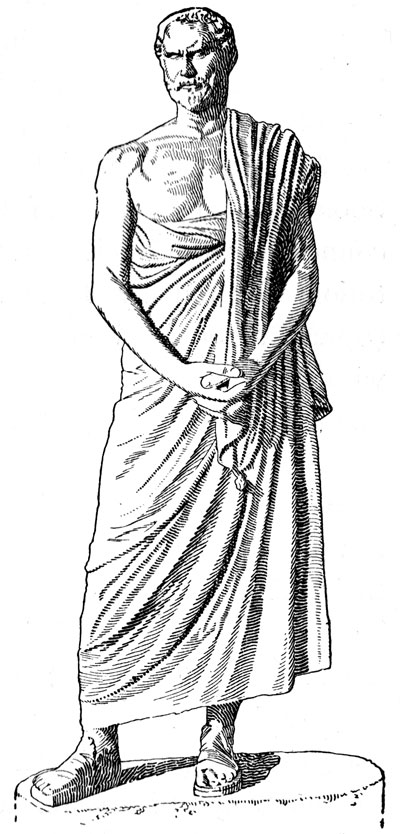One objection to the antiquity of the Secret Gospel of Mark is that it uses the phrase “to spend the night with” (εμεινε συν αυτω την νυκτα εκεινην), which has sexual connotations in our time, but was not so used in antiquity.
It should be obvious that this is a circular argument. If the phrase had no connotations of sexual intimacy in ancient times, that would be a good reason to think that sex is being read into Secret Mark, rather than intentionally introduced by the person who composed it.
On the one hand, the word clearly does not in and of itself have sexual connotations. It was drawn to my attention recently that an imprecise but relevant parallel occurs in Plutarch’s “Life of Dion” 55:2. The English text provided by Perseus is Bernadotte Perrin’s 1918 translation. Here is the relevant passage:
He was terribly shocked, and, becoming apprehensive, summoned his friends, told them what he had seen, and begged them to remain and spend the night with him, being altogether beside himself, and fearing that if he were left alone the portent would appear to him again.
The Greek word used, συννυκτερεύειν, means precisely “to pass the night.” No innuendo.
 On the other hand, this doesn’t mean that in the right context the word could not be connected with spending the night with someone for sexual reasons. Achilles Tatius uses the word (6:21) when the character Thersander exlaims, “You a virgin, who passed night after night among a gang of pirates! I suppose your pirates were eunuchs?”
On the other hand, this doesn’t mean that in the right context the word could not be connected with spending the night with someone for sexual reasons. Achilles Tatius uses the word (6:21) when the character Thersander exlaims, “You a virgin, who passed night after night among a gang of pirates! I suppose your pirates were eunuchs?”
And so what does this suggest? That the use of this sort of language in the Secret Gospel of Mark is not indicative of forgery, and that sexual overtones are likely to be in the eye of the beholder, unless the text says something besides the mere fact that a night was passed together.
For those note familiar with it, there are neither pirates nor eunuchs in Secret Mark. That the form of the text that the letter of Clement discusses did not have inherently sexual connotations – but was open to having them read into it – is made clear by the fact that the Carpocratians, in order to give the text a sexual spin, had to add to the text.












